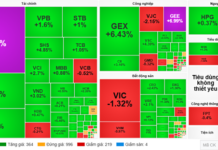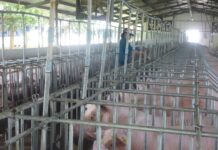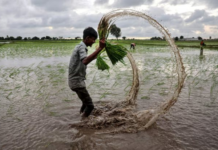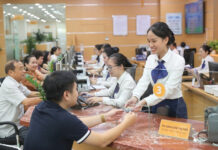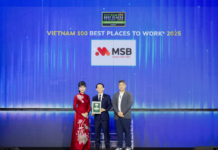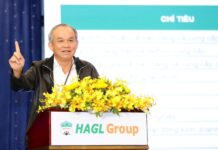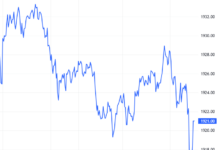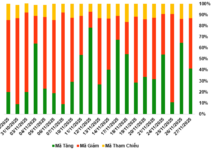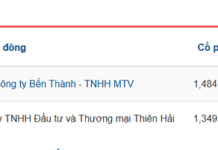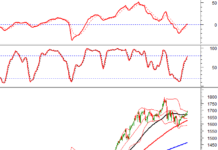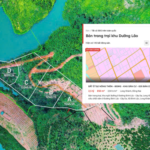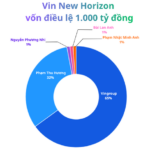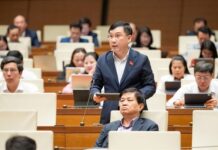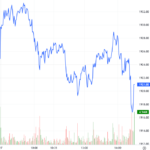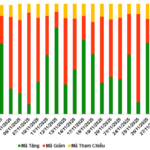On November 25, Savills Vietnam released a new report on the elderly care real estate market—a sector brimming with potential as Vietnam enters a phase of rapid population aging. According to data from the General Statistics Office, Vietnam is projected to become an aging population by 2038, with over 20% of its population aged 60 and above. By 2050, one in every six Vietnamese citizens will be over 65 years old.
However, the United Nations Population Fund (UNFPA) highlights that Vietnam’s elderly care system remains fragmented, largely informal, and lacks specialized facilities and trained personnel. UNFPA reports that 80% of seniors prefer home-based care, yet fewer than 30% of communes and wards have support clubs or groups. Nationwide, there are fewer than 100 professional care centers. Elderly caregiving is also not officially recognized as a profession within Vietnam’s occupational system.
Compared to countries like Japan or Singapore, where senior living real estate is a multi-billion-dollar industry, Vietnam is still in its infancy, with only a few pilot projects. Options such as senior housing, retirement resorts, or integrated healthcare facilities for the elderly remain limited.
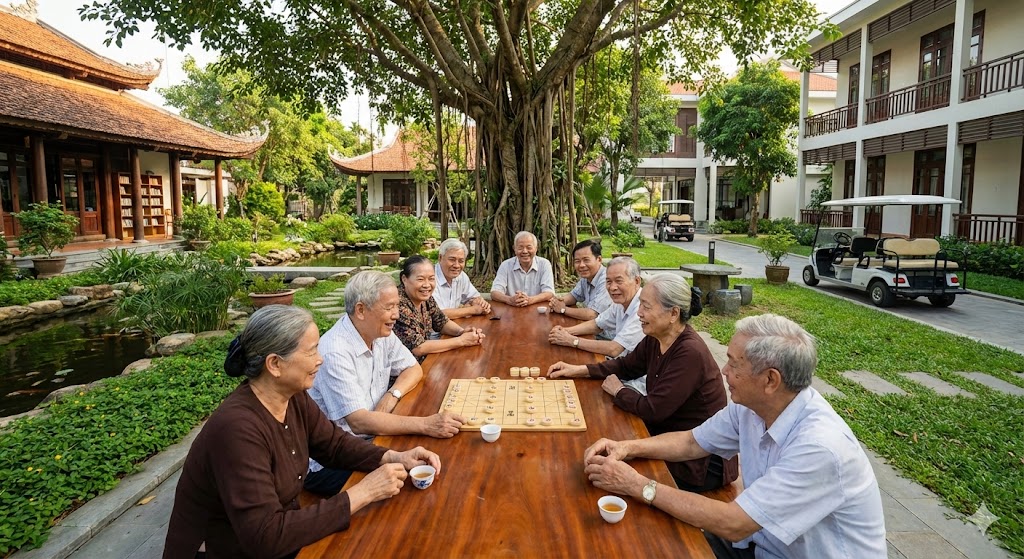
Seizing Opportunities in the Emerging Senior Living Real Estate Market
Matthew Powell, Director of Savills Hanoi, forecasts a surge in elderly care demand over the next decade as a large demographic cohort reaches retirement age. The market is expected to grow from USD 2.3 billion in 2024 to USD 3.6 billion by 2032, reflecting a compound annual growth rate (CAGR) of 5.81%.
Emily Fell, Senior Director of Living Sectors for Asia-Pacific at Savills, believes Vietnam can develop a robust elderly care ecosystem by adopting successful international models. She cites examples such as Australia’s “lifestyle” communities, which integrate senior-friendly residential areas, and Japan’s specialized care model tailored to increasing medical and support needs.
Fell emphasizes a critical factor: legal frameworks and policies must lead the way. Public nursing homes require clear planning and mechanisms to protect seniors, while intensive care models need sustainable payment systems through public or private insurance. “The focus should not be solely on constructing buildings but on investing in reputable, high-quality operators,” she notes.
Yasuhiro Miyamoto, CEO of Mynavi Vietnam, identifies human resources as the linchpin. Vietnam needs a strategic approach to training professionals in elderly care and healthcare, coupled with strengthened collaboration with Japan—a global leader in senior care—to build a sustainable, high-quality caregiving workforce.
Serene Retirement Living at Sun Group’s Urban Oasis in South Hanoi
Every home at Sun Urban City is a sanctuary for families, nestled amidst lush greenery and a vibrant array of community amenities. With modern educational facilities and healthcare services at your doorstep, it’s a place where seniors find tranquility and younger generations thrive in a holistic environment.

